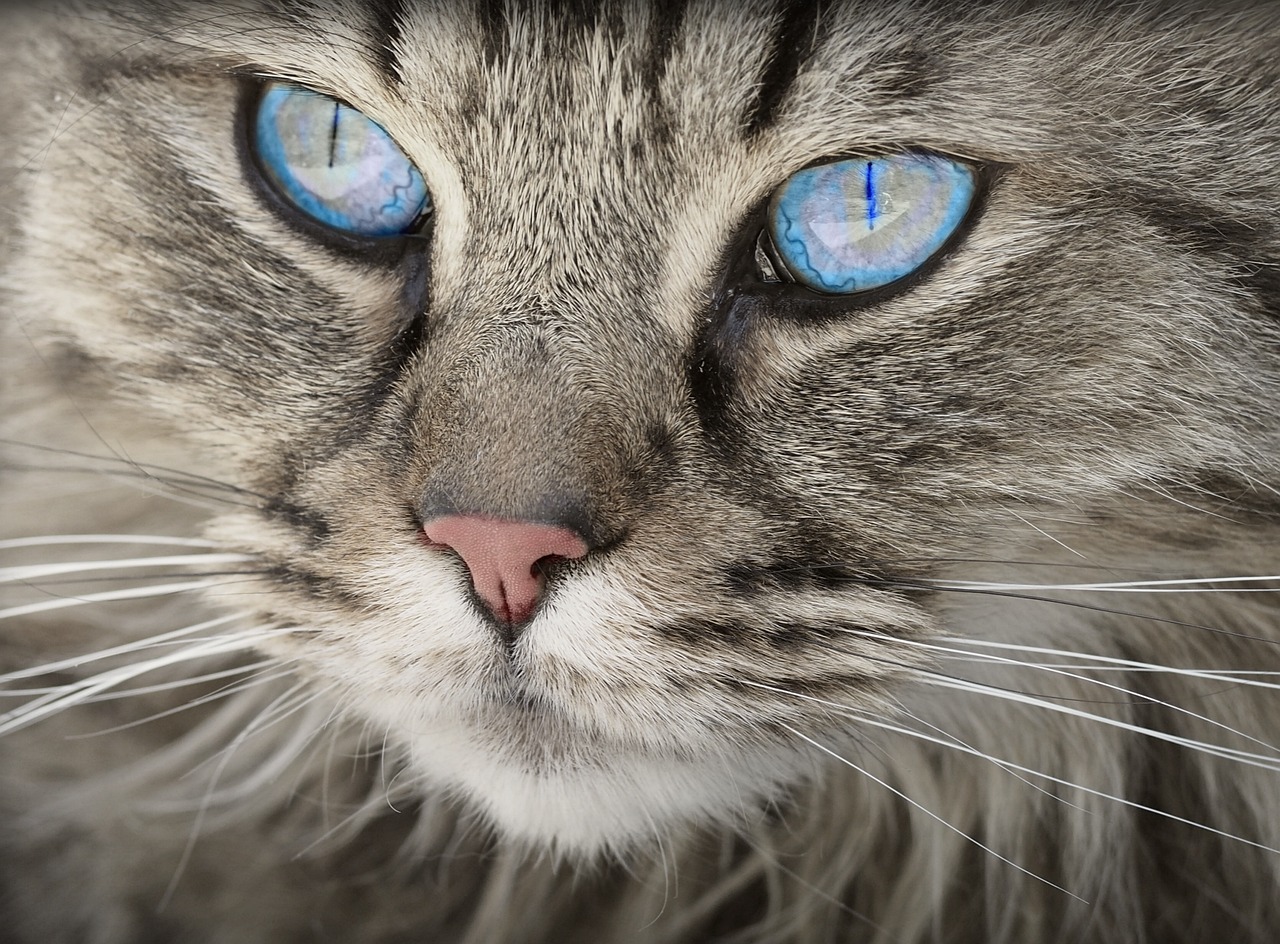Table of Contents
The Mystery of Feline Lifespan
Cats have always been known for their curious nature, graceful movements, and mysterious ways. But one aspect of their lives that has intrigued scientists and cat lovers alike is their remarkable longevity. How is it that some house cats live well into their late teens or even early twenties? In this article, we delve into the secrets behind the feline lifespan and explore the factors that contribute to their exceptional longevity.
The Genetic Code: A Key to Longevity
Research has shown that genetics play a vital role in determining a cat’s lifespan. Certain breeds, such as the Siamese and the Abyssinian, are known to have a genetic predisposition for living longer than others. While these genetic factors may give some cats a head start in the longevity race, it is important to note that individual differences within breeds can also have a significant impact on lifespan. Genetic mutations, inherited diseases, and even the length of a cat’s telomeres can all influence how long our feline friends will grace our lives.
It is worth mentioning that scientists are actively studying the DNA of cats to identify specific longevity genes. This research not only holds the promise of extending feline lifespans but also provides valuable insights into human aging. By unraveling the secrets hidden deep within the feline genetic code, we may one day unlock the key to a longer, healthier life for both cats and humans alike.
Nutrition: A Recipe for Longevity
Just like humans, a cat’s diet plays a critical role in their overall health and lifespan. It is essential to provide our feline companions with a balanced and nutritious diet to ensure their well-being and longevity. Cats are obligate carnivores, meaning their bodies are designed to derive essential nutrients from animal-based proteins. While it may be tempting to spoil our furry friends with an occasional treat or table scraps, it is crucial to prioritize a diet that meets their specific nutritional needs.
High-quality commercial cat food is formulated to provide cats with all the essential nutrients they need for a healthy life. These specially designed diets take into consideration a cat’s age, breed, size, and specific health requirements. Additionally, regular veterinary check-ups can help ensure that our cats are receiving the necessary nutrients and identify any potential dietary deficiencies or health issues that may impact their longevity.
Lifestyle: The Art of Aging Gracefully
It is often said that a happy cat is a healthy cat, and this sentiment holds true when it comes to longevity. A cat’s lifestyle and environment can significantly impact their overall health and lifespan. Regular exercise, mental stimulation, and a stress-free environment are all important factors in promoting longevity.
Providing cats with opportunities for physical activity, such as interactive toys or access to outdoor spaces, allows them to maintain a healthy weight and exercise their natural instincts. Mental stimulation, such as puzzle toys or interactive play sessions, helps keep their minds sharp and engaged. Additionally, minimizing stressors in their environment, such as loud noises or sudden changes, can contribute to a calmer and more relaxed cat, which in turn may promote a longer lifespan.
Healthcare: The Importance of Regular Check-ups
Just like humans, regular healthcare check-ups are crucial for maintaining a cat’s overall health and detecting any potential issues early on. Vaccinations, parasite prevention, dental care, and routine screenings are all essential components of a cat’s healthcare regimen.
Vaccinations protect cats from potentially deadly diseases, while parasite prevention measures help ward off fleas, ticks, and worms that can negatively impact their health. Regular dental care, such as brushing their teeth or providing dental treats, can help prevent dental disease, which can lead to other health issues. Routine screenings, including blood tests and physical examinations, allow veterinarians to catch any potential health concerns before they develop into more serious problems.
Environmental Factors: The Role of the Home
The environment in which a cat lives can also have a significant impact on their lifespan. Cats that are kept indoors tend to live longer than cats that are allowed to roam outdoors freely. Indoor cats are protected from the dangers of traffic accidents, exposure to infectious diseases, and encounters with predators or other animals that may cause harm.
Creating an enriching indoor environment for cats is essential to their well-being. Providing scratching posts, perches, hiding spots, and interactive toys can help stimulate their natural behaviors and prevent boredom. Additionally, ensuring a safe and peaceful home environment, free from toxins or hazards, is crucial for a cat’s longevity.
In conclusion, the secrets behind the feline lifespan are a combination of genetics, nutrition, lifestyle, healthcare, and environmental factors. While genetics may give certain breeds a predisposition for longevity, individual differences within breeds also play a role. Providing cats with a balanced and nutritious diet, a stimulating and stress-free lifestyle, regular healthcare check-ups, and a safe home environment are all key factors in ensuring our feline friends live long and healthy lives. By understanding and implementing these factors, we can unlock the secrets of feline longevity and give our cats the best chance at a lifetime of happiness.


